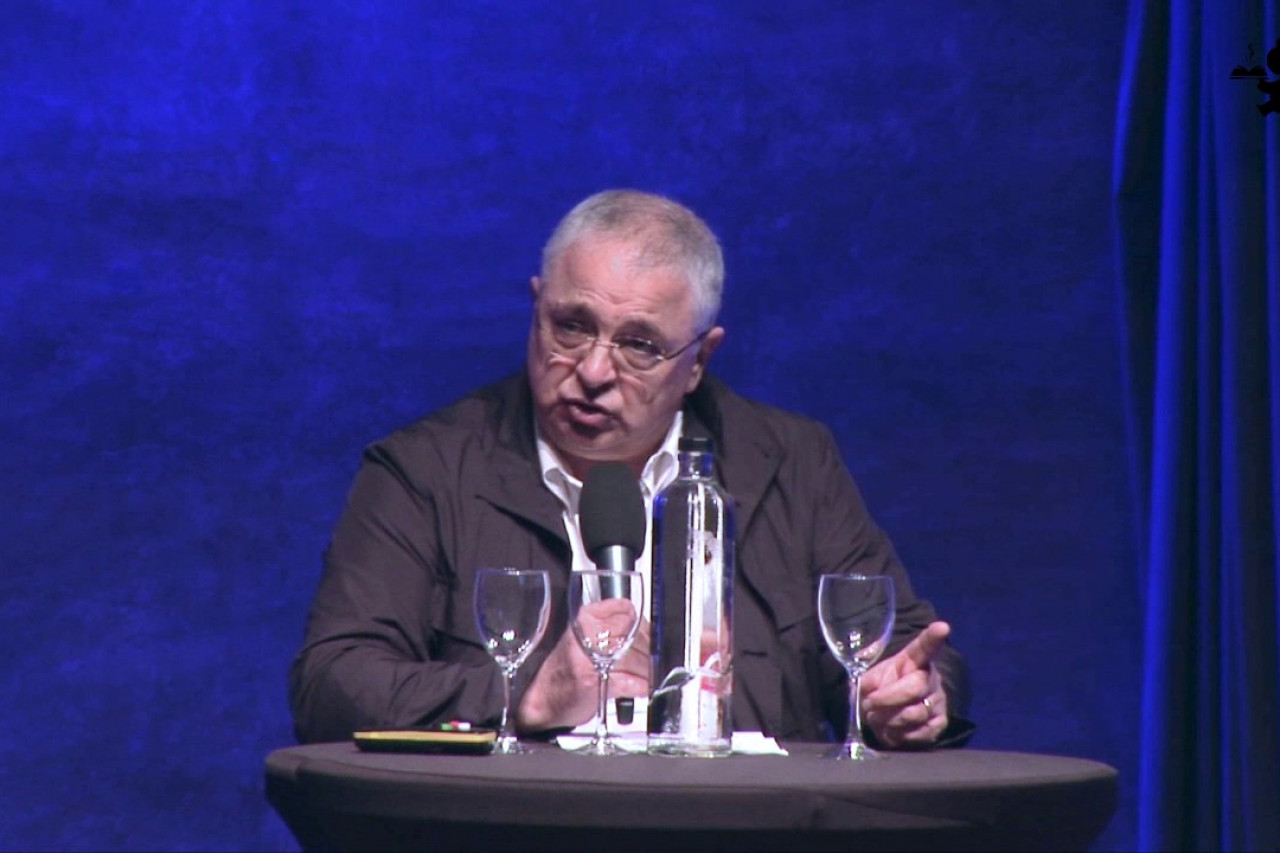When analyzing the Catalonian separatist challenge, three aspects appear clearly. First: secession will not take place. Therefore there will be no economic crash, estimated as between -14.2% and -23.4% of GDP, nor will there be concatenated and serious effects on unemployment, public finances, banking and Catalonian's income, nor to a lesser extent, that of the rest of Spaniards.
Second: the separatist confrontation has rolled the competitiveness of Catalonia (to place it in position 153 over 261 European regions, while Madrid is in the 83rd place) and has reduced its permanent GDP by -3.5%. Therefore, the "proces" has robbed the Catalonians of well-being (in addition, their corrupt leaders took another significant part) and has robbed them of their peaceful coexistence.
Third: these latest weeks, events of great significance have been unleashed: "The Law of disconnection and transience" of September 6th, "the referendum" of October 1st, leakage of deposits and flight from all banks and companies from 2nd to 7th of October, "the declaration of independence" and its suspension on October 10th and beginning of implementing Article 155 of the Spanish Constitution on October 11th. This rush of major events has exacerbated the economic consequences of the separatist challenge.
In short: there will be no secession or crash; yes there is a cost of confrontation; and the economic consequences of the crisis have been unleashed.
Before continuing with the analysis, and as a Catalonian who has suffered this devastating destruction of my country, allow me to assert that the current political, social and economic vicissitude was not inevitable. This enormous crisis has been precipitated thanks to the essential irresponsibility of the Spanish elite or, if you prefer, thanks to a powerful institutional limitation of Spanish democracy. It did not want to recognize what was perfectly well known: the disloyalty, illegality and impunity of the Government of the Generalitat of Catalonia and the belittlement of the great majority of Catalonians, repeated during three decades.
CATALONIA IS ECONOMICALLY, POLITICALLY, SOCIALLY AND PERSONALLY FESTERING
Obviously, absolute power corrupts absolutely. Today Catalonia is gangrenous in all things economic, political, social and personal. Gradually, the current tragic fate has been reached. The small price that Spanish democracy did not want to pay to correct the dysfunctionality of Catalonian separatism has multiplied astronomically, until becoming a pressing systemic risk for democracy, the integrity of Spain, the Crown and, if all of this were not enough, also a challenge to the rest of European countries and their Union.
Finally, in this Catalonian autumn, the wind has changed direction! Such is the depth of the Catalonian crisis that on Sunday, October 8th, more than a million Catalonians took to the streets of Barcelona to ask, implore, claim, demand or beg for seny, common sense. This, which its leaders have not had, this common sense that Spanish democracy has not had with the Catalonians.
At this point in Catalonian dynamics, the analytical question is: how long will it take for Catalonia, its society, its economy and its policy to stabilise?
Subsequently, what will be the cost of the economic consequences in the form of falling GDP, employment and income from this Catalonian crisis? The IMF, the Ministry of Economy of Spain and the European Commission are assessing the impact on the economic growth of the current Catalonian and Spanish political crisis.
It is said that the growth of Spain in 2018 might be reduced by - 0.5%. This would amount to 5,000 million Euros, which has to be paid due to the lack of political sanity and for the abandonment of the Catalonians. Catalonia can lose -2% of its GDP, so in 2017 and 2018 its growth would be zero or negative. This is 4,000 million Euros, the majority of the total Spanish amount. This drop in GDP adds to the permanent decline of -3.5% that has accumulated in the latest decade of guerrilla war against Spain. In contrast, Madrid, Aragón and Valencia will see their activity increased and could gain as regards per capita income. In fact, in this year, Madrid has exceeded Catalonia for the first time in GDP.
There will be a Montreal-Toronto effect: many of the fleeing companies will not return to Catalonia. The cost of the Catalonian crisis may be higher or lower, and this depends on the political management in the coming months. Legal security and political stability has to be re-introduced Immediately, avoiding further degradation of the social and economic fabric, activity, brands and the attractiveness of Barcelona, Catalonia and Spain. As has always been classically: first stability, then reforms. The reforms have to prevent the recurrence of another crisis and its contagion to the rest of the regions of Spain and Europe.
THE CRISIS NEEDS TO STOP IMMEDIATELY TO LIMIT ITS IMPACT
The strategy of minimizing the magnitude of the Catalonian catastrophe requires shortening its transitory impact and limiting its permanent impact. Undoubtedly, an effective, efficient and effective action from Spanish institutions, particularly alacrity from the Government of Spain and a new Government of the Generalitat. Limiting the impact and the cost of the Catalonian crisis requires stopping it immediately. By shrinking the temporary costs, the permanent costs will also be reduced. Political chaos and current economic uncertainty has to be put behind us through clear and firm action. We have to act promptly to prevent the current crisis from becoming a deep recession, massive relocation of business and general decay.
Separatism is a challenge, not only to the Spanish rule of law and social rights, but also to the essence of democracy and to the wellbeing of Spain.
Therefore, reversing the Catalonian society's current situation of decomposition will take a decade. Spanish democracy will get over the Catalonian crisis, and will gain in effectiveness and solidity, and perhaps even in legitimacy.
Spaniards have discovered the value of democratic institutions, the effective interest of democracy. In our free and global world, the quality of institutions is the key to freedom and prosperity, collective progress and individual free will. The Catalonian crisis will not be resolved immediately, but Spain and democracy would be stricken if it were to become chronic and permanent.











